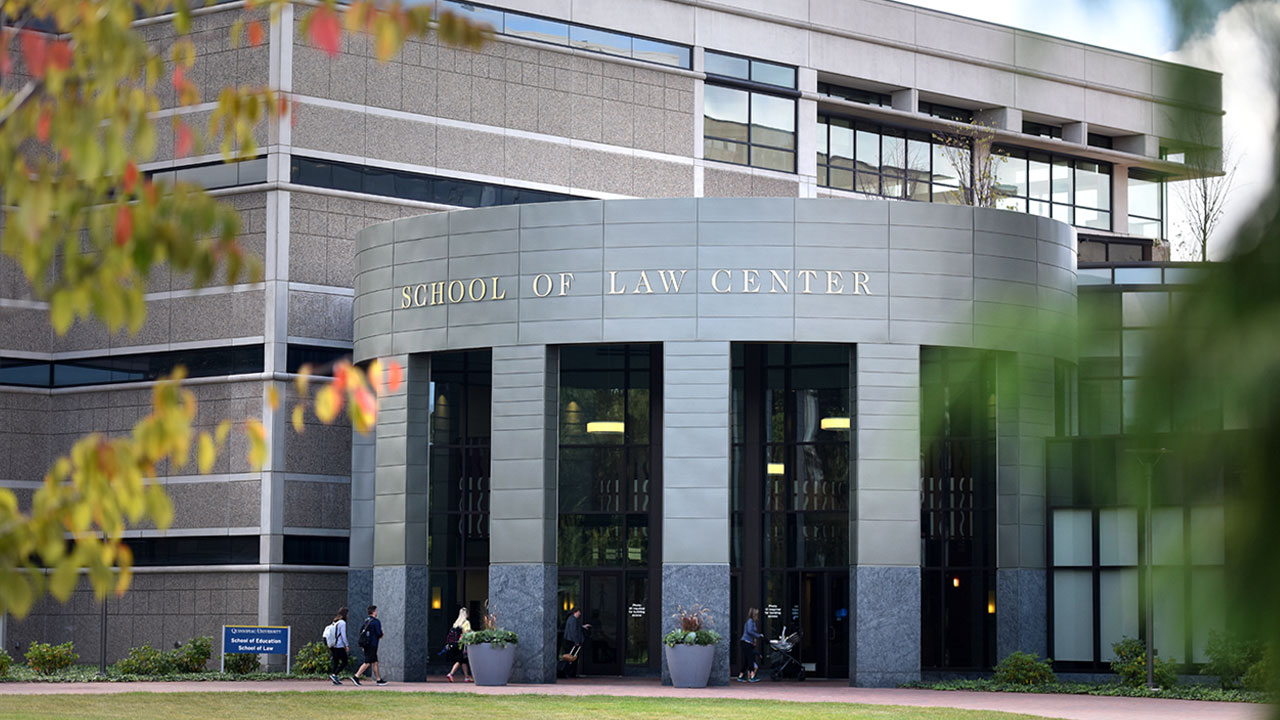The Quinnipiac University School of Law will host the virtual panel discussion, “Decriminalizing Human Trafficking Victims: Expanding Vacatur in Connecticut,” from noon to 2 p.m. on Friday, Jan. 8. This program is free and open to the public, but registration is required. Register here.
This program, presented by the Human Trafficking Prevention Project at the Quinnipiac University School of Law, along with the Connecticut Bar Foundation and the Connecticut Bar Association, is the first is the law school’s series, “Understanding Human Trafficking.”
Joette Katz, A former Connecticut Supreme Court Justice and former commissioner of the Connecticut Department of Children and Families, will moderate the panel, which will include Chief State’s Attorney Richard Colangelo, State Rep. Jillian Gilchrest, who is chair of Connecticut’s Trafficking in Persons Council, Kate Mogulescu, associate professor of clinical law atBrooklyn Law School, Jenny Rossman, sex crimes/human trafficking unit chief, state attorney’s office, Orlando, Fla., and Theresa Leonard Rozyn, co-founder of The Underground, which raises awareness about domestic sex trafficking, advocates for public policies to address the problem and helps victims turn their lives around by providing housing assistance, substance abuse counseling and other resources.
The panel will discuss the movement to ‘decriminalize’ victims of human trafficking by providing greater opportunities for criminal record relief and, specifically, about proposals to expand Connecticut’s vacatur law, which would allow victims of human trafficking to apply to vacate—or set aside—their criminal convictions if they can show that these convictions resulted from their having been trafficked. Currently in Connecticut, only trafficking victims with convictions for prostitution can request vacatur.
“We want to raise awareness about how traffickers use force, fraud and coercion to compel their victims to commit a range of illegal acts and then threaten to expose them to criminal prosecution,” said Sheila Hayre, visiting associate professor of law and Waring and Carmen Partridge Faculty Fellow. “Victims are regularly arrested and prosecuted for a range of crimes resulting from their trafficking. Even years after they escape their traffickers, their criminal histories continue to haunt them, limiting access to employment, housing, education and other aspects of civic life.”
For more information, call 203-582-8652.
